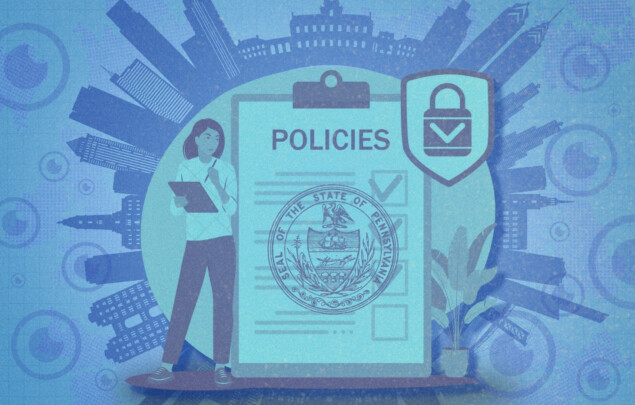A Guide To Pennsylvania’s Consumer Data Privacy Act (PCDPA)
A Guide To Pennsylvania's Consumer Data Privacy Act (PCDPA)

Create a tailored Privacy Policy, Terms & more in under 5 minutes.

In business collaborations and service agreements, the Governing Services Agreement (GSA) is vital for creating a cooperation framework. This article seeks to simplify the GSA, offering a summary of its purpose, key components, and its impact on both businesses and service providers.
The Governing Services Agreement, commonly known as GSA, is a sophisticated legal document meticulously delineating the terms and conditions governing the intricate relationship between a service provider and its clients. As a foundational contract, the GSA serves as the cornerstone, intricately defining collaboration parameters, assigning roles and responsibilities, and establishing clear expectations for both involved parties.
I. Scope of Services:
II. Payment and Compensation:
III. Confidentiality and Data Protection:
IV. Term and Termination:
V. Dispute Resolution:
The inherent flexibility of the GSA is a distinctive feature, allowing involved parties to tailor the agreement according to the specific nature of services, industry regulations, and the unique needs of the collaboration. This adaptability ensures that the GSA remains a dynamic, relevant, and effective tool across diverse business domains.
Different industries impose unique demands, prompting the need for specific considerations within GSAs. For example, technology-related GSAs might incorporate provisions for intellectual property rights, while healthcare-related GSAs may include stringent data protection clauses.
The GSA acts as a robust risk mitigation tool by clearly defining responsibilities and expectations. It embeds compliance with industry regulations, legal requirements, and ethical standards, ensuring a mutually beneficial, legally sound collaboration.
Real-world case studies and success stories provide invaluable insights into best practices and potential challenges associated with GSA utilization. Learning from the experiences of others enhances the effectiveness of future collaborations.
In the dynamic business landscape, acknowledging the need for periodic GSA updates and amendments is crucial. Provisions for reviewing and revising the agreement should be seamlessly incorporated to accommodate changes in business strategies, regulations, or market dynamics, ensuring the GSA remains a living document that evolves with the collaborative landscape.
The Governing Services Agreement (GSA) is the foundation for successful collaborations, offering a clear structure for service providers and clients. In today’s business world with more partnerships and outsourcing, understanding the GSA is vital for transparent, mutually beneficial, and risk-mitigated collaborations. It goes beyond a legal document to become a strategic tool, ensuring long-term success in the dynamic modern business landscape.